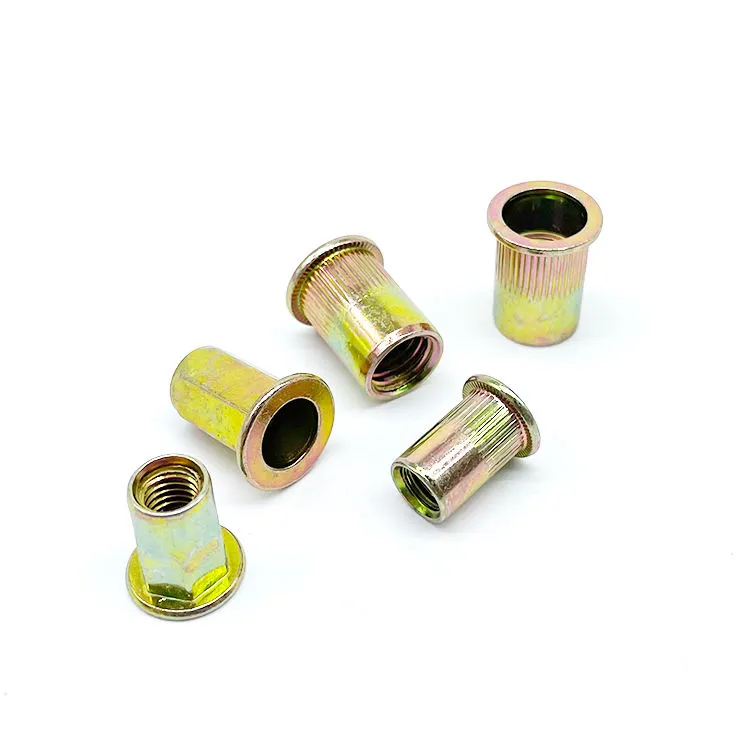

Essential Equipment for Installing Solar Panels Effectively and Efficiently
Des . 31, 2024 09:11 Back to list
Essential Equipment for Installing Solar Panels Effectively and Efficiently
Solar Panel Installation Hardware Key Components and Considerations
Solar energy has emerged as a viable and popular alternative to traditional energy sources, primarily due to its renewable nature and decreasing costs. However, the efficiency and effectiveness of a solar energy system depend significantly on the quality of the installation hardware used. In this article, we will explore the essential components involved in solar panel installation, as well as some considerations to keep in mind when selecting hardware.
Key Components of Solar Panel Installation Hardware
1. Mounting Systems The mounting system is crucial because it secures solar panels to the roof or ground. There are various types of mounting systems available, including fixed mounts, adjustable mounts, and tracking mounts. Fixed mounts are the most common and provide a stable arrangement that holds the panels at a fixed angle. Adjustable mounts allow for alterations in angle for optimal sun exposure, while tracking mounts move the panels throughout the day to follow the sun’s trajectory, maximizing energy collection.
2. Racking Systems Racking refers to the framework that supports solar panels and ensures they remain securely attached to the mounting system. It is often made from durable materials like aluminum or stainless steel to withstand outdoor conditions. Racking systems must be designed to accommodate the specific type of solar panels being installed and should take local weather conditions into account.
3. Inverters Inverters play an essential role in converting the direct current (DC) produced by solar panels into alternating current (AC), which is used to power homes and businesses. There are several types of inverters, including string inverters, microinverters, and power optimizers. String inverters are the most common for residential systems, while microinverters are preferred for systems with shading issues because they optimize performance at the individual panel level.
4. Wiring and Cabling Proper electrical wiring is crucial for the safe and efficient operation of a solar power system. Appropriate gauge wiring must be used to minimize energy loss. Additionally, cabling should be weather-resistant and UV-rated to withstand outdoor conditions. Careful planning of the wiring layout can also enhance the overall efficiency of the system.
solar panel installation hardware

5. Battery Storage Systems For those looking to store excess energy for later use, battery storage systems are essential. These systems allow users to store solar energy collected during sunny days for use during cloudy periods or at night. Lithium-ion batteries are commonly used due to their high energy density, although other options like lead-acid batteries are also available.
Considerations for Selecting Solar Installation Hardware
1. Quality and Durability Given that solar panels and their associated hardware are exposed to various weather conditions, selecting high-quality products is paramount. Look for components that have been tested for durability and come with warranties to ensure longevity.
2. Local Regulations Different regions have specific regulations governing solar installations. It is crucial to check local building codes, zoning laws, and any necessary permits before proceeding with an installation. Compliance with these regulations will ensure a smooth installation process and avoid legal issues.
3. System Size and Design The size of the solar panel system required will depend on energy needs, roof space, and financial considerations. It is advisable to conduct a thorough energy audit and consult with a solar professional to design a system that meets both current and future energy demands.
4. Professional Installation While some homeowners may consider a do-it-yourself approach to solar installation, engaging certified professionals is highly recommended. A professional installer will ensure that all components are correctly fitted and compliant with local codes, thus maximizing the system's efficiency and safety.
In conclusion, investing in the right solar panel installation hardware is vital for optimizing the performance of a solar energy system. By understanding the key components and making informed decisions based on quality, regulations, and professional input, homeowners can successfully harness the power of solar energy to meet their energy needs sustainably.
Latest news
-
Hot Dip Galvanized Bolts-About LongZe|High Strength, Corrosion Resistance
NewsJul.30,2025
-
High-Strength Hot Dip Galvanized Bolts - Hebei Longze | Corrosion Resistance, Customization
NewsJul.30,2025
-
Hot Dip Galvanized Bolts-Hebei Longze|Corrosion Resistance&High Strength
NewsJul.30,2025
-
High-Strength Hot-Dip Galvanized Bolts-Hebei Longze|Corrosion Resistance&High Strength
NewsJul.30,2025
-
Hot Dip Galvanized Bolts-Hebei Longze|Corrosion Resistance&High Strength
NewsJul.30,2025
-
Hot Dip Galvanized Bolts - Hebei Longze | Corrosion Resistance, High Strength
NewsJul.30,2025

